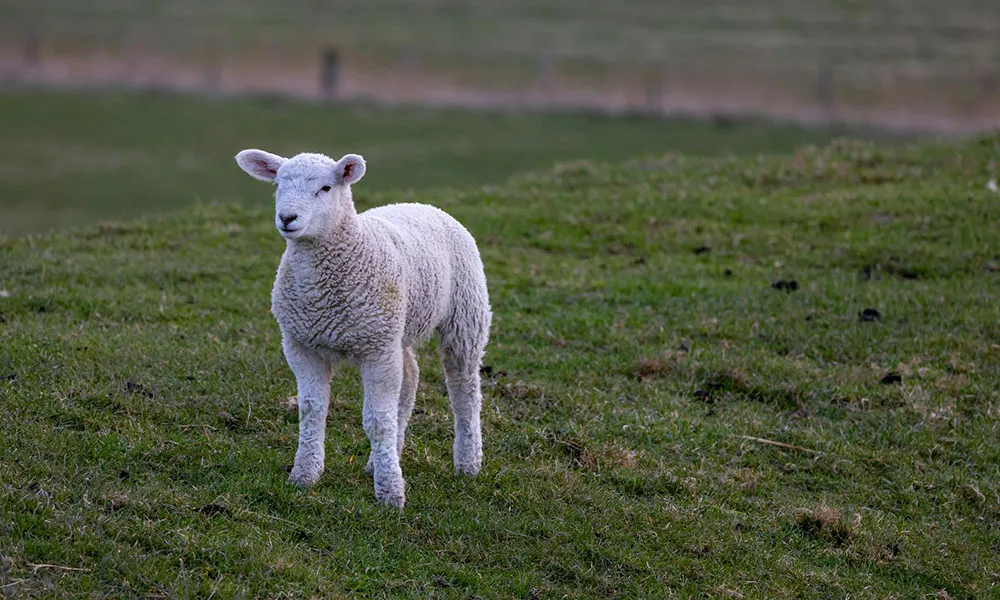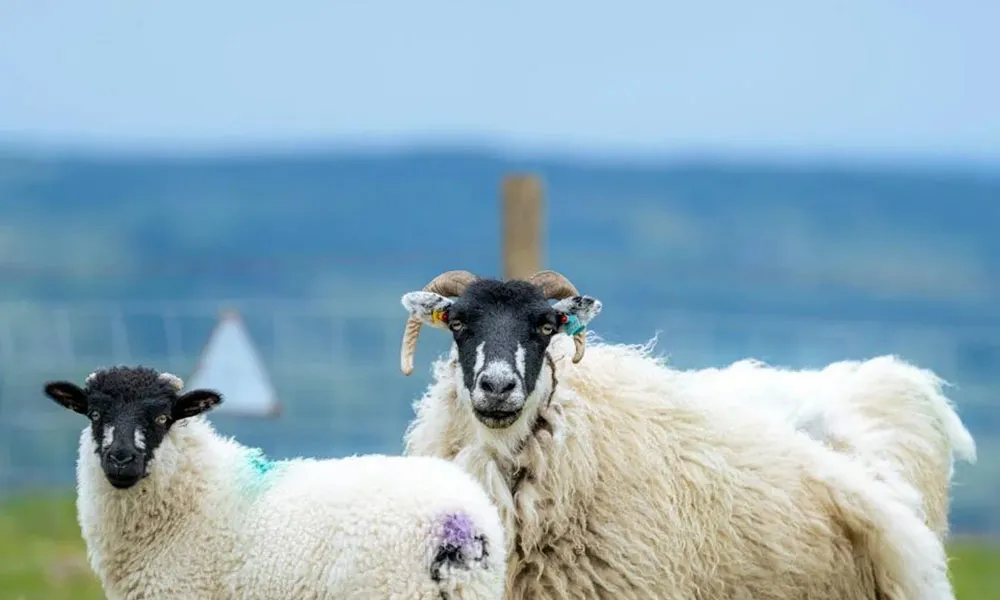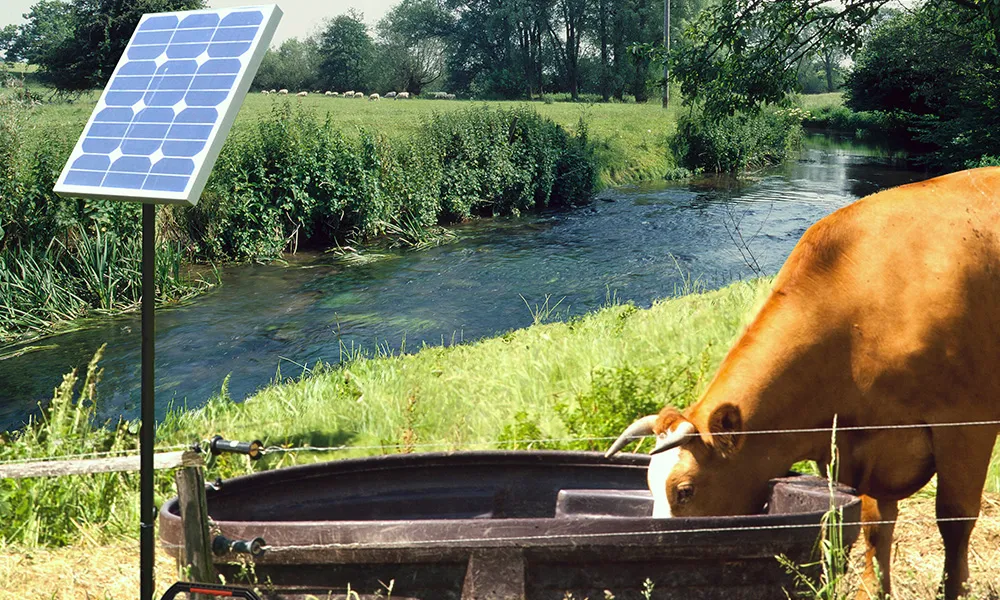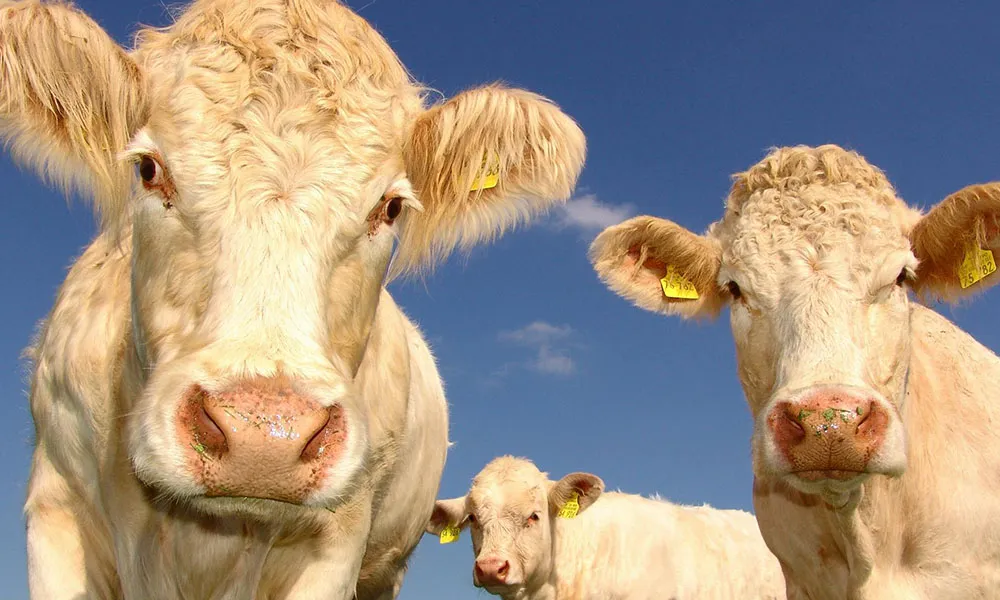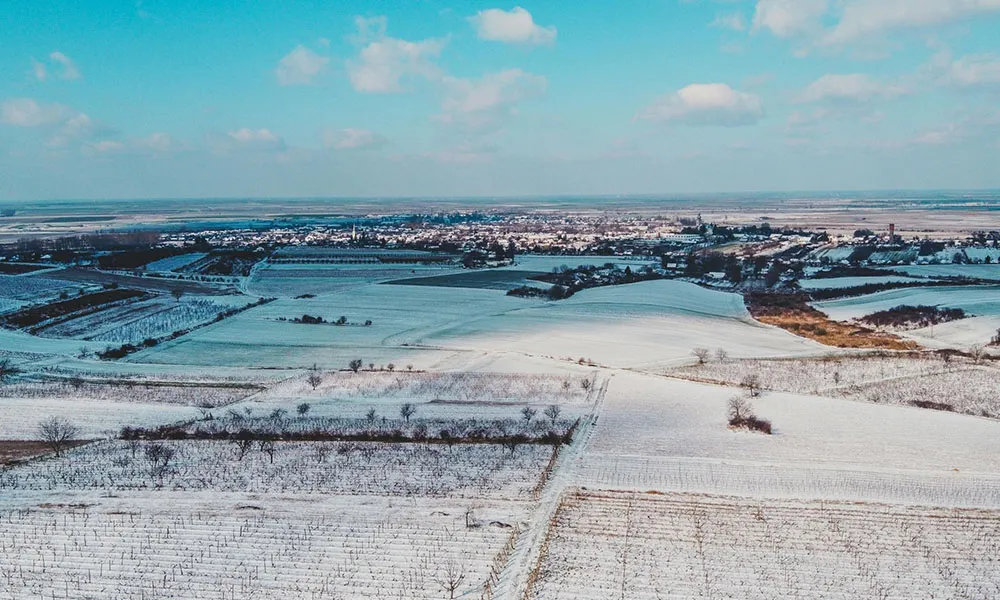
Stereotyping
Few farm animals receive more negative press than the humble donkey (Equus asinus). For most of the recorded history of animal husbandry, humans have depicted donkeys as ignorant, stubborn, stupid creatures. Indeed, the donkey is often evoked as a byword for undesirable human behaviour. In most cultures and languages, to call someone a donkey stirs up a range of negative associations. Where I come from, belligerent or wilful people are often accused, scathingly, of being “as thick as an ass”. In historical accounts dating as far back as Ancient Greece, donkeys were compared unfavourably to horses, due to their smaller stature, cropped mane, stubbornness, and suitability for hard labour rather than leisure activities such as racing.
Mistreatment
In some ways, this shallow characterisation probably served to justify mistreatment and even violence. A few months ago, we interviewed Brian Kennedy of the Glenview Museum on this platform. During our conversation, Brian showed me the creels that were placed on donkeys’ backs to bear turf in bygone days. These were huge objects, and it is easy to imagine how small donkeys must have agonised under their weight, particularly when they were filled with turf. Brian pointed out that donkeys were very badly treated on Irish farms over the years – made to bear heavy loads over long distances, and, in many cases, subjected to frequent beatings.
An instinct for self-preservation
As with most stereotypes, characterisation of the stubborn donkey is based on a small grain of truth. Certainly, it is very hard to force a donkey to do something it doesn’t want to do. But this is not due to mindless obstinacy, as some would have you believe. Rather, it is a function of the animal’s instinct for self-preservation. Donkeys will not be coerced into doing something that they know, instinctively, is a risk to their own welfare.
Ironically, when viewed from this perspective, the supposed stubbornness of donkeys can be understood as a sign of superior intelligence.
A sociable animal
Our tendency to view donkeys as stubborn, stupid animals has blinded us to the clear reality – that they are among the cleverest animals you can keep on your farm. Anyone who has observed them at close quarters can attest to their intellect, sensitivity and playfulness. In stark contrast to common perception, donkeys are highly affectionate creatures that form deep attachments to each other and to their human owners.
My family owns two jennies, so I am writing from personal experience here. Since they were young foals, both of our jennies have shown a very endearing interest in all human visitors to their paddock. Typically, they come forward and cock their heads slightly, inviting you to scratch their neck and crown. Now the cynic might argue that this response is purely attributable to a desire for food, as is often the case with sheep or cattle. But this is palpably not so with donkeys. Our jennies will come even when they are clearly aware that there is no feed on offer, and will stay around until their visitors leave.

Social behaviour
This natural affability is observable in donkeys’ social interactions with their own kind. Donkeys left on their own will grieve and pine for companionship. This is why owners and managers of donkey sanctuaries will never leave one donkey on its own in a field.
When they are kept together, donkeys form deep social bonds of affection and friendship. According to experts, separating bonded pairs can result in enough stress to cause hyperlipaemia – a disease that may even result in death.
Some reasons to keep donkeys
Since the advent of the tractor, the donkey has become a less common sight on farms all over the world. I would argue, though, that they still have a part to play on the average smallholding. In the first place, they are a great help to grass quality on rough ground. Unlike cattle, and to a lesser extent sheep, donkeys will eat rushes and even thistle buds when grass is scarce. This makes them an ideal animal to put on winter pasture to clean it for other ruminants.
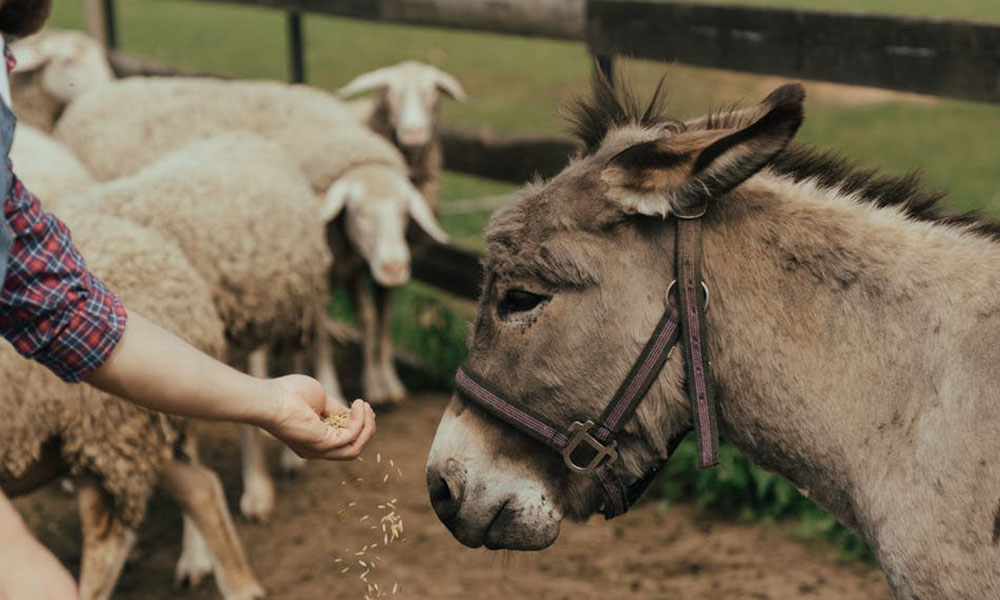
Predator deterrent
Additionally, though, donkeys are a great predator deterrent. Ample research from the USA has shown that donkeys are naturally inclined to protect sheep and goats from predators such as foxes, dogs and coyotes. Thankfully, here in Ireland we don’t need to worry about coyotes, but the fox is a scourge during lambing season while dog attacks remain a menace at all times of the year. Due to their territorial nature, donkeys will always try to chase off potential predators. And while there is also the risk that they will chase sheep, poultry and other smaller animals too, this is actually fairly rare. By and large, they live quite peaceably with these non-threatening companions. Ours certainly do!




